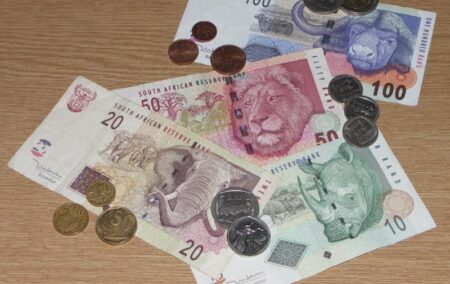R100 billion could flow out of South Africa this week because of the ‘junk’ status of the country’s debt.
With credit ratings agency Moody’s Investors Services’ downgrading South Africa’s sovereign debt at the end of March, South Africa finally obtained full junk status.
Last week S&P Global downgraded South Africa’s foreign and domestic state debt deeper into junk status. It said that, although the country had done well to combat the Covid-19 coronavirus medically, it would be difficult to handle the long-term economic fallout of the five-week lockdown. This was because South Africa was in a weak economic position before the lockdown.
‘Junk status’ means that South Africa’s government bonds dropped off the FTSE World Government Bond Index (WGBI) on 30 April. The consequence is that various institutional investors, such as pension funds, exchange-traded funds and funds that follow specific indices, are not allowed to invest in bonds that are below investment grade.
It has been estimated that these investors will therefore have to rid themselves of between R30 billion and R100 billion in bonds.
Many people think investors started dropping the bonds with the Moody’s announcement on 27 March, but these have really been discretionary investors and hedge funds – money that flows quickly in and out – getting rid of all high-risk assets.
It is thought that institutional investors were slow to react because they didn’t know which country’s government bonds would replace South Africa’s. Now that they know it is Israel, they are expected to start selling this week.

